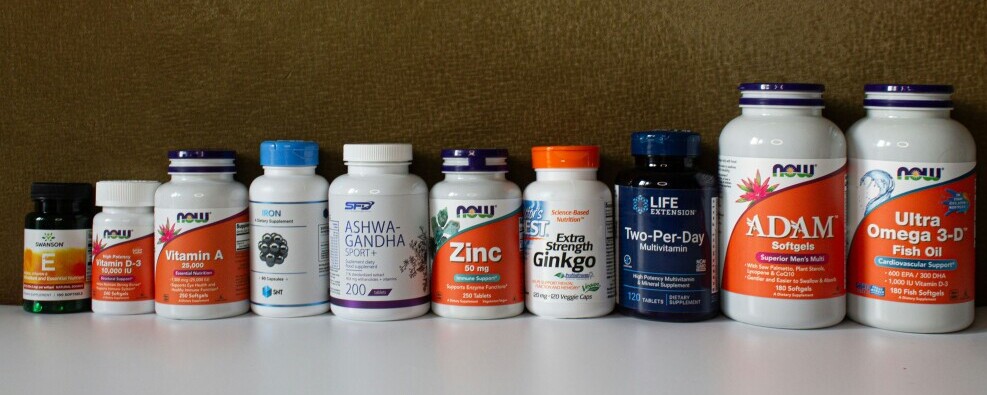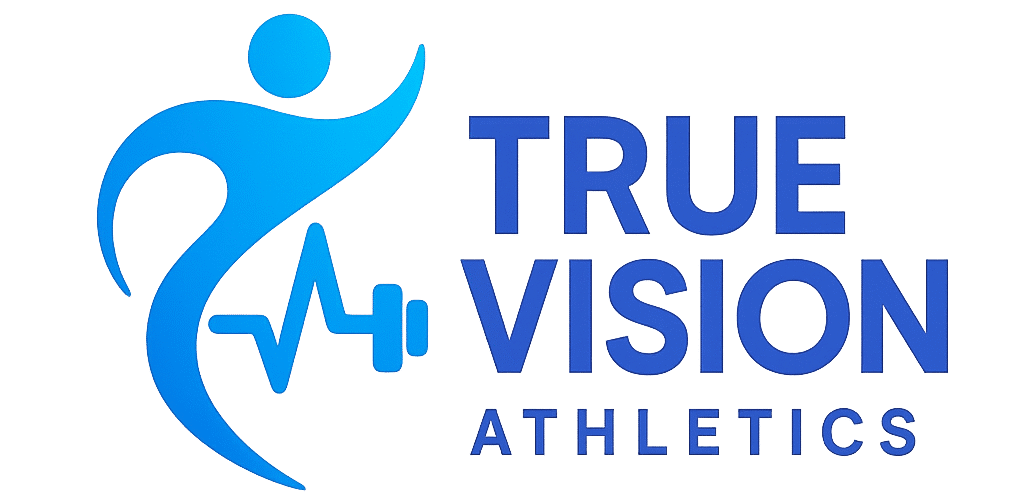
Nutrition is a game-changer for immunity. Vitamins and minerals play a key part in keeping our immune responses sharp, and they’re often the unsung heroes in the quest for good health. Each nutrient has a unique role, whether it’s vitamin C’s ability to help produce white blood cells or zinc’s knack for nurturing immune cells.
Supplements come in to fill the gaps. Natural or synthetic, the choices are endless, but not all supplements are created equal. Understanding the difference can be a big deal when picking what’s right for your body. Natural supplements use non-synthetic ingredients, while synthetic ones are lab-made. This distinction might seem minor, but it can impact how well your body absorbs and uses the nutrients.
When you’re thinking about boosting your nutritional intake with supplements, knowing the key players is crucial. Think of vitamin D for its bone health support and immune function, or probiotics for gut health, which in turn, plays into overall immunity. Navigating the world of supplements starts with knowing what your body needs, especially if you’re dealing with specific health concerns or if certain foods are missing from your diet.
The Top 10 Supplements for Immune Health
Supplements can be a real game-changer when it comes to boosting your immune system. Whether you’re trying to fend off the flu or just want to stay healthy year-round, knowing which supplements to pick can make a world of difference.
Vitamin C, it’s often headline news when talking about immunity. Its role in the production of white blood cells and skin barrier health is crucial. Another powerhouse is zinc, which is all about supporting the immune cells and reducing inflammation.
Vitamin D stands out not just for bone health but also for its immune-boosting properties, especially important during colder months when sunlight is scarce. Then there’s elderberry, a supplement that’s been buzzing in wellness circles for its potential to shorten the duration of cold symptoms.
Probiotics take center stage in gut health, which is tightly linked to immunity. A healthy gut contributes to a robust immune system. Adding garlic supplements into the mix can also be beneficial due to its natural antimicrobial properties.
Echinacea is another classic, long used for its potential to prevent colds and flu. Certain species have been shown to improve immune health and may protect against upper respiratory tract infections.
Turmeric, with its active ingredient Curcumin, is tapped for its anti-inflammatory benefits, which are key in maintaining healthy immune responses.
Zinc is a mineral commonly added to supplements and other healthcare products. It’s essential for immune system function because it helps:
- immune cell development and communication
- reduce inflammation
- protect tissue barriers in the body
- prevent foreign pathogens from entering
Zinc deficiency may affect your immune system’s ability to function properly, resulting in an increased risk of infection and disease, including pneumonia. Zinc deficiency affects around 2 billion people worldwide and up to 30% of older adults. Research suggests that Zinc supplements may be beneficial for people who are already sick. For example, it could help reduce the duration of the common cold. Taking zinc long-term is typically safe for healthy adults, as long as the daily dose is under the set upper limit of 40 milligrams (40mg) elemental zinc per day.
Black Elderberry (Sambucus Nigra), which has long been used to treat infections, is being researched for its effects on immune health. Studies suggest Elderberry extract may have antiviral potential against pathogens responsible for upper respiratory tract infections and strains of the influenza virus.A 2018 review found that Elderberry supplements may help reduce upper respirtory systems caused by viral infections. Similarly, a review in 2021 noted that Elderberry may help reduce the duration and severity of colds.
Selenium is an essential mineral for immune health. Research demonstrates that selenium supplements may enhance antiviral defense against influenza strains, including H1N1 and H9N2.
Garlic has powerful anti-inflammatory, antiviral, and immune modulating properties. Research suggests it may help enhance immune health by stimulating and enhancing certain cytokines.
Propolis is a resin-like material honeybees produce for use as a sealant in hives. Though it has impressive immune enhancing effects and may have antiviral properties as well, more human research is needed.
Fast-Track Your Immune Boost: Effective Strategies
Boosting your immune system doesn’t have to be a long-haul mission. Sometimes, it’s about making small lifestyle adjustments that pack a serious punch. Topping the list of quick fixes is ensuring you’re getting enough sleep. Sleep is when your immune system gets its downtime to reset and recharge.
Eating smart is another quick win. Incorporating immune-boosting superfoods like citrus fruits, leafy greens, and almonds into your diet can make a noticeable difference. These foods are rich in antioxidants and vitamins, providing an immediate boost.
Staying active is more important than it might seem. Regular exercise can help flush out bacteria from the lungs and airways, reducing your chances of getting a cold, flu, or other illness. You don’t need to run marathons; even moderate activities like walking can help.
Hydration plays a surprisingly significant role in keeping your immune function in check. Water helps in the production of lymph, which carries white blood cells around your body. So, topping up those water levels daily can boost your defense against germs.
Managing stress is a biggie. High stress levels can suppress immune function, so finding ways to relax like meditation or yoga can contribute to a stronger immune response. Fast-track these strategies for a quick yet effective enhancement to your immunity arsenal.
Signs of a Weak Immune System and How to Recover
Recognizing a weak immune system early can help you take the right steps to boost your defenses. When your immune system is struggling, your body sends out some pretty telling signals. For instance, if you’re often coming down with colds or infections, it might be time to give your immunity some extra attention.
A sluggish immune system often manifests through lingering illnesses. Cuts or scrapes that are slow to heal can also be a clue that your body needs a little extra support. Fatigue is another major hint, especially if you find yourself getting tired quickly or feeling run-down more often than usual.
If allergies and headaches are becoming frequent companions, these could also be signs of a weak immune system. When your body’s defenses are down, stress and poor sleep habits can also exacerbate these symptoms.
Rebuilding a weakened immune system involves a combination of good nutrition, rest, and possibly supplements. Start by ensuring you’re getting vital nutrients, either through diet or supplements recommended by healthcare providers.
Don’t hesitate to seek professional advice, especially if symptoms persist. Healthcare professionals can offer insights tailored to your specific health profile. Remember, prioritizing self-care by balancing nutrition, exercise, and rest plays a key role in restoring your immune power.
Supplementation for All: The One Essential Everyone Needs
For anyone looking to cover all their nutritional bases, considering a daily Multivitamin can be a smart move. These supplements are designed to plug any gaps in your diet, ensuring you’re not missing out on essential nutrients like Vitamin C, Zinc, and others listed above that support your immune system.
In the realm of specialty supplements, mushrooms like reishi or maitake play a fascinating role, often cited for their immune-enhancing compounds. Finally, when it comes to an overall boost, multivitamins fill in those nutritional gaps with ease, supporting all-around immunity.
It’s tough to beat the efficiency of a good Multivitamin, but the dosage matters. Over-supplementation can lead to unwanted side effects, so it’s crucial to stick to recommended doses and consult a healthcare professional if you’re unsure about your needs.
Balancing supplements with a diet rich in whole foods is key. While supplements can enhance your nutrient intake, they shouldn’t replace a healthy diet. Whole foods provide not only vitamins and minerals but also fiber and other essential compounds that pills can’t offer.
Ultimately, a proactive approach with a blend of healthy habits and the right supplements can keep your immune system in peak condition. Remember, the goal is to support your body’s natural defense system, so it can do its job efficiently.

Very interesting learning about the immunity herbs and there effects of the body, I will definitely be shopping around for some of these